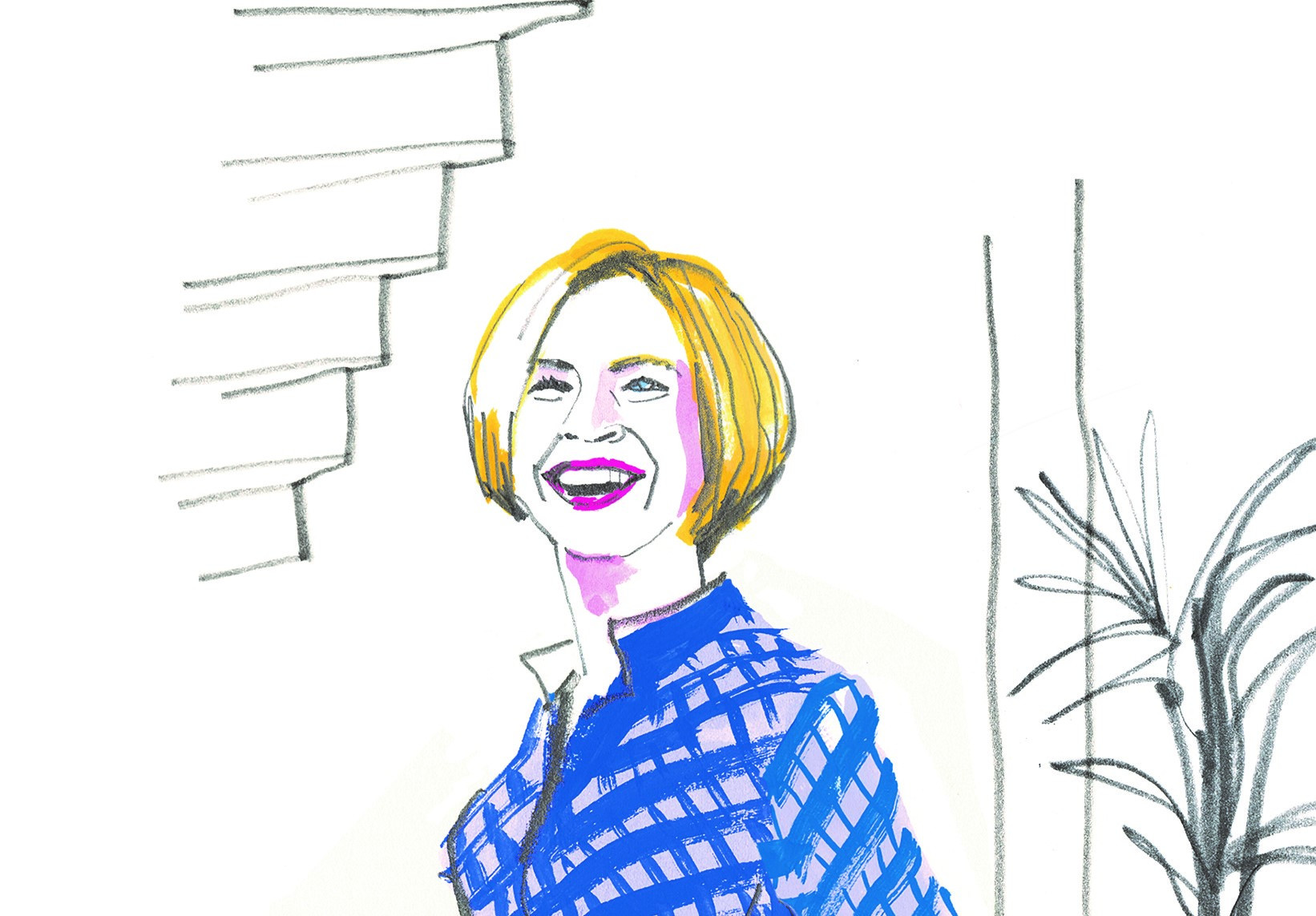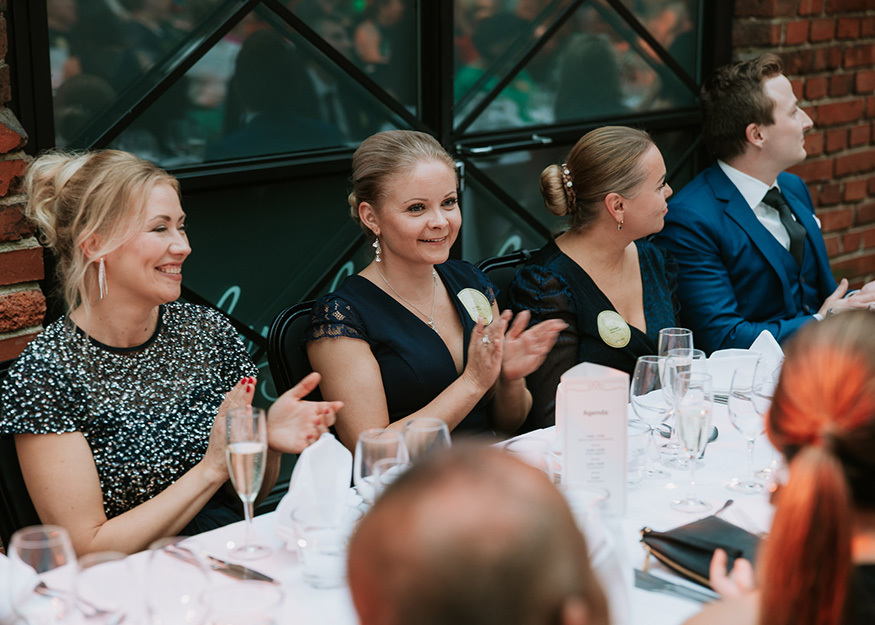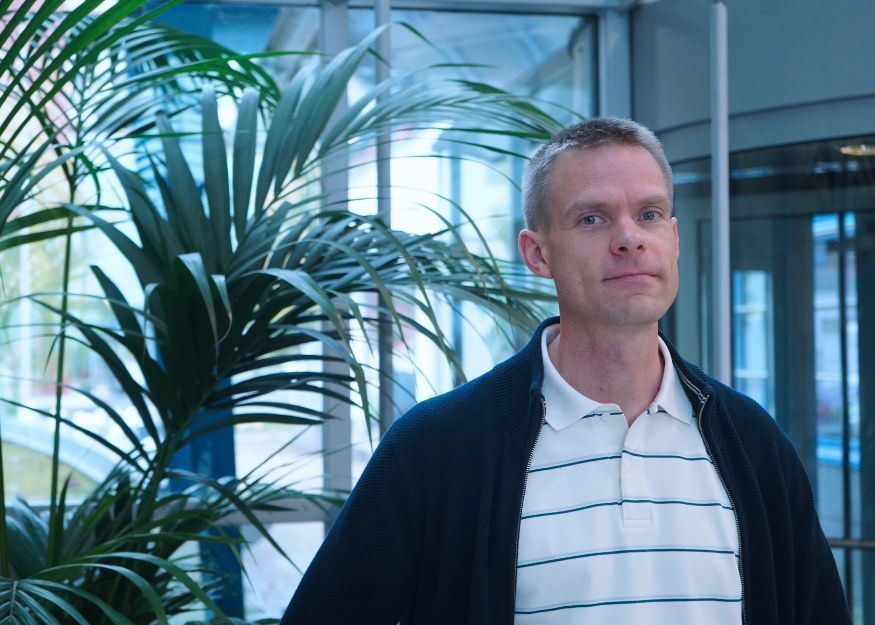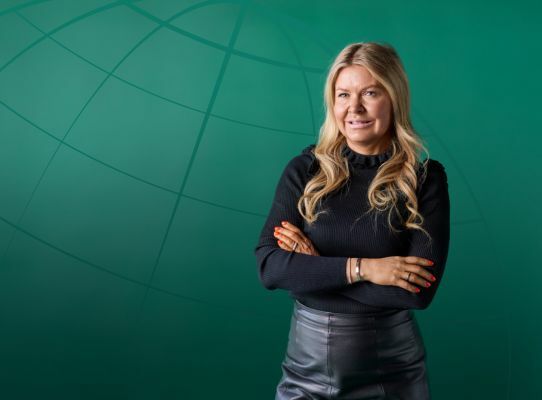Change is inevitable

We spent half an hour with Leena Niemistö, a C-suite powerhouse, medical doctor and expert shapeshifter; she taught us that failing can be learned bit by bit and that bravery is key.
Leena Niemistö is a healthcare professional with three decades of clinical and leadership experience. The former CEO of Dextra, she helped Pihlajalinna, a healthcare company, grow from 40m€ to 400m€ of revenue from 2013 to 2016 as the company´s deputy CEO. Today, she sits on the board of several publicly listed companies, startups, organisations and foundations. She is also an angel investor in 23 startups in, e.g. digital health and clean tech. As a chairperson of the Finnish National Opera and of the jury of the Ars Fennica Prize, as well as a member of the board of administration of the Finnish Cultural Foundation, she is a strong member of the Finnish cultural community.
MK: Who are you and what do you do?
LN: As a person, I am a learner. I’ve always been curious and I’ve always been a learner but I’ve grown into my bravery over the years. I also have a strong will to influence things and do the right thing, and get a kick out getting through tough situations.
As a professional, I’m a doctor first and foremost and that’s what I will be for the rest of my life. It’s the part of my identity that marks me the most, even though I don’t work as a doctor anymore. Today, I’m a professional board member and an active business angel with an interest in health technology.
My third role — and a part of my identity — is of a cultural person. Ever since I was a child, I’ve been interested in music and when I turned twenty, I fell in love with art. I don’t just see art, I feel it, too. That’s why the arts in general are heaven on earth for me.
MK: How and why did you make the transition from a doctor to a CEO?
LN: I’m an explorer — when I feel like I’ve reached my full potential in something, I start scouting for the thing I’ll sink my teeth into next. That’s why I felt like I needed a departure from my role at Orton and take up the chance provided by Dextra which, like most things in life, was about chance. I wanted to move into a role that would allow me to have a bigger influence on large societal matters; to revolutionise the discipline in a way. It felt exciting and enticing, mixed with the tiniest fraction of fear. Jumping into the unknown is always a little daunting but when you make that decision, you need to jump into it fully.
MK: What, for you, is the pinnacle of success? Have you reached it?
LN: When I think about success, I don’t think about me. I’m still the same Leena that I was before my achievements. However, looking at the concept of success subjectively, I think that success is either creating a success story from scratch or turning a company in a crisis into something that thrives. In practice, it means morphing from an underdog and a challenger to someone or something being challenged. But, at the end of the day, for me, the pinnacle of success isn’t the end result but the journey. The journey is everything.
MK: What about failure?
LN: I’m not scared of failing. I see failure as a crossroads: the end of a journey and the beginning of another. Failures are not something that I get stuck on. If you’re scared of failing, you should practice it in small doses. When you finally realise that failures aren’t the end of the world, you’ll find the courage to try, and then try again. It’s important to remember that most big successes were built on a stack of smaller failures. You should look at your mistakes and failures and try to analyse them as neutrally as possible; understand the causes and the factors but never get stuck.
MK: How do you know when it’s time to let go of something?
LN: You’ll never be able to reinvent yourself if you don’t let go of the old and make space for the new. When I feel like I’ve given my community everything I have, I move on; when I see that I’ve hit a plateau, it’s time to let go and let someone new bring their learnings and themselves to the business.
When it comes to selling a company, my thought process follows a similar pattern. Firstly, you don’t ever have to sell a company, if you don’t want to, but if you see that someone else could make it blossom, you should step aside and let them take the lead. When you feel like you’ve stopped learning, you should find something new.
MK: What kind of advice would you give to your 20-year-old self?
LN: Be brave. Stand up for the things you believe in even when it goes against the opinion of the majority. Make friends and get to know people. Improve your speaking skills, you’ll need them to lead and take matters further.
MK: What is next for you?
LN: I have to point out that I’ve enjoyed every phase of my life and yet it feels like I’m living my best life right at this very moment. I’m totally happy and have no concrete plans right now. In the future, I’ll focus on projects that are bound to have a big impact on the world — make it a little bit better.
A brave new world is a collection of success stories from around the globe. It puts the spotlight on exceptional people who have been through exceptional events and lets them teach us a few valuable lessons. Do you know a brave entrepreneur? Send us a tip on notes@greenstep.fi and we might feature them next.
Words: Matilda Kivelä Illustration: Anja Reponen


